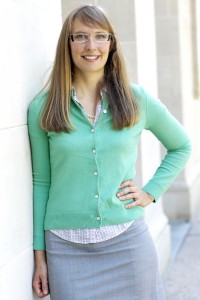At this weekend’s Computational Social Science Summit at Northwestern University, scholars working at the intersection of computer science, social science, and information science converged to share their work. As someone who applies computational methods to answer sociological questions, the summit was like a reunion with people I never see at my usual conferences but whose papers I read enthusiastically. The summit began with workshops (computational basics like bash commands and version control with git, text analytics, R for social network analysis, and Python for natural language processing) and a Datathon (basically a hackathon for social science). The general sessions included panels and a series of five stellar keynotes.
The keynotes provided deep insights from leaders at the cutting edge of computational methods in social science research. David Ferrucci (led the team that built Watson – the computer that won Jeopardy) provided high-level insights into learning, meaning, and statistics, as well as the processes underlying computational approaches for stitching together processes into products. A sociologist by training, Sandra González-Bailón has been at the forefront of using social media data and sophisticated computational methods to understand social movements as they increasingly employ online platforms. Neuroscientist Moran Cerf discussed the brain and highlighted the social forces and processes that shape the brain on the most basic, physical level. Michael Macy made a strong argument for big data as the end, not of theory, but of statistics. Information science professor Katy Börner presented and discussed her film Humanexus, a collaboration with two artists illustrating how knowledge and communication have changed and are changing through the ages.
There is so much opportunity in this high-profile interdisciplinary field and this summit provides training, exposure to the most recent findings and methodological innovations in the field, and an opportunity to get to know the folks doing the work. The summit’s small size (it sold out!) and lots of integrated breaks and social events made it easy to get to know lots of potential collaborators. I hope that next year UT Austin can have a stronger contingent of sociologists at the Summit!

